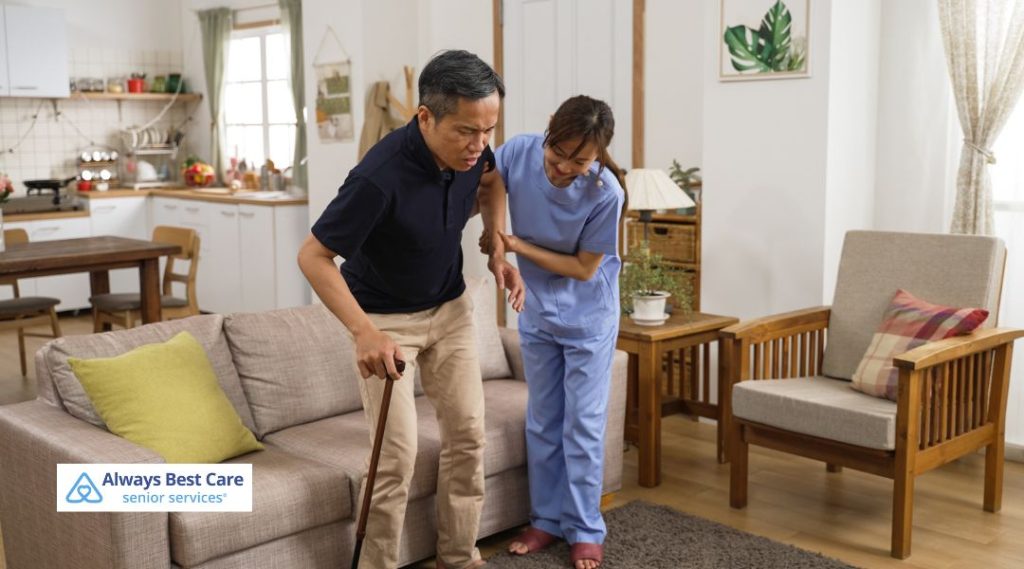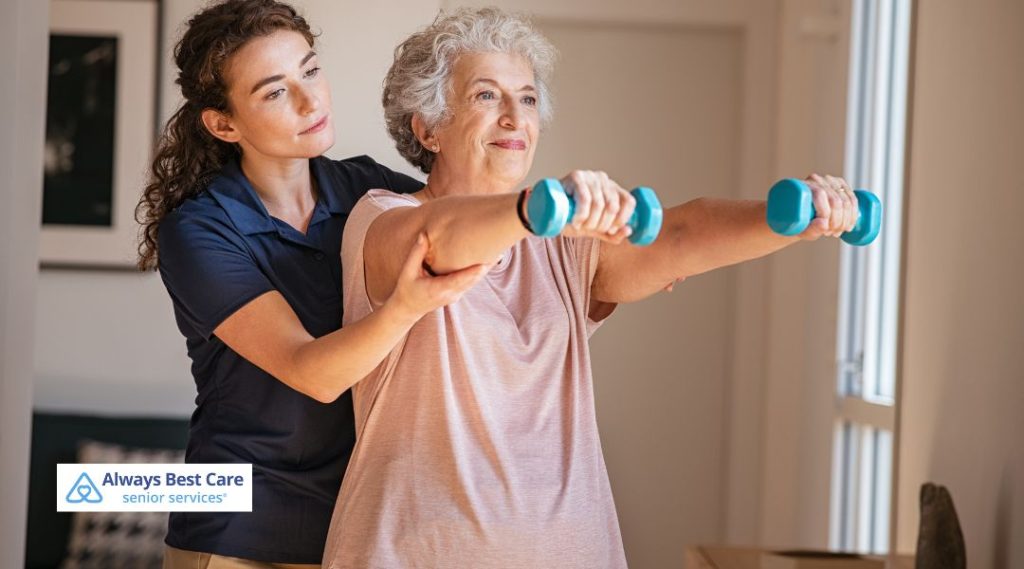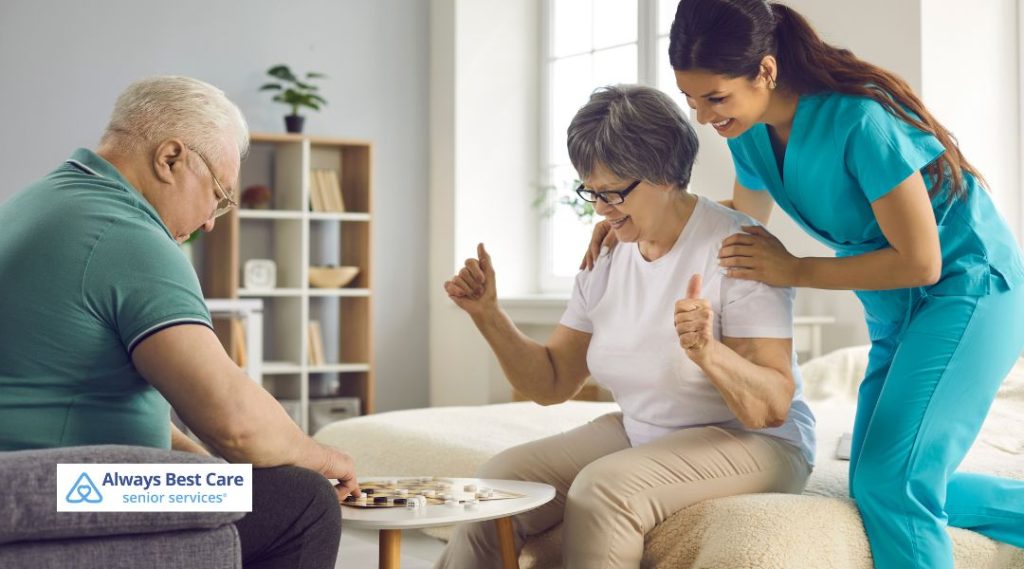Helping Aging Loved Ones Recover at Home After Hospitalization in Milwaukee

Bringing an aging loved one home after a hospital stay can be both a relief and a challenge. While home offers comfort and familiarity, the transition requires thoughtful planning to ensure a smooth recovery. From managing medications and mobility to arranging in-home care and emotional support, many ways exist to help seniors heal safely in their own space.
In Milwaukee, families have access to various resources and services designed to support aging adults in regaining strength and independence. By taking the right steps, you can provide the care and encouragement your loved one needs for a successful recovery at home
Table of Contents
Key Steps to Prepare for Hospital Discharge
Preparing for a loved one’s return home after hospitalization requires careful planning to ensure a smooth transition. Start by having a detailed conversation with the hospital’s discharge team to understand the patient’s condition, recovery plan, and any necessary follow-up care. Gather information about medications, physical therapy, dietary needs, and warning signs that may indicate complications.
Arranging transportation home and ensuring that medical equipment, such as walkers or oxygen tanks, is available beforehand can prevent last-minute stress. If home health services or caregiver assistance are recommended, setting up these resources in advance can help ease the transition and provide additional support.

Creating a Safe and Supportive Home Environment
A comfortable and hazard-free home is essential for a senior’s recovery. Clearing walkways, securing loose rugs, and installing grab bars in bathrooms can help prevent falls. Adequate lighting, particularly in hallways and stairwells, makes moving around safer, especially at night. If mobility is a concern, setting up a bedroom on the main floor can reduce the need for frequent stair climbing.
Organizing essential items within easy reach, such as medications, water, and a phone, can also make daily life more convenient. A calm and welcoming environment not only supports physical healing but also promotes emotional well-being.
Medication and Treatment Management
Proper medication management is critical to a smooth recovery. Understanding the prescribed dosage, timing, and potential side effects is essential for preventing complications. Using a pill organizer or setting reminders can help ensure that medications are taken as directed. If multiple prescriptions are involved, coordinating with a pharmacist or healthcare provider can prevent adverse interactions.
Following any prescribed treatments, such as wound care, physical therapy, or breathing exercises, is vital for a full recovery. Keeping a written schedule of medications and treatments can provide clarity and reduce the risk of missed doses or appointments.

Promoting Physical and Emotional Well-Being
Recovering at home requires physical care and emotional support. As a doctor recommends, light movement and physical therapy exercises can help regain strength and mobility. Emotional well-being is equally important, as hospitalization and recovery can often lead to feelings of isolation or frustration.
Engaging in conversation, playing games, or simply spending time together can lift a loved one’s spirits. If signs of depression or anxiety arise, seeking professional counseling or support groups may be beneficial. A positive mindset and encouragement from family members can make a significant difference in the healing process.
Nutrition and Daily Care Needs
Proper nutrition plays a crucial role in recovery. Preparing balanced meals that align with dietary recommendations helps support overall health and healing. Ensuring adequate hydration is equally important, as dehydration can lead to complications. Depending on the individual’s condition, assistance with personal care tasks such as bathing, dressing, and grooming may also be needed.
Establishing a daily routine can provide stability and reduce stress for both the caregiver and the recovering loved one. If additional help is necessary, in-home care services can provide extra support with meal preparation, hygiene, and other essential tasks.

Staying Connected with Healthcare Providers
Ongoing medical supervision is essential for a successful recovery. Scheduling follow-up appointments and tracking medical updates ensures that progress is monitored and any concerns are addressed promptly. Communicating regularly with doctors, therapists, and nurses helps clarify treatment plans and adapt to any changes in the recovery process.
If mobility is an issue, telehealth services can provide an accessible way to consult with healthcare providers from home. Having a clear line of communication with medical professionals allows families to stay informed and provide the best possible care for their aging loved ones.
When Extra Help Is Needed: Exploring Care Options
Caring for an aging loved one after a hospital stay can be a demanding responsibility, and sometimes families need additional support to ensure the best possible recovery. Whether a family caregiver needs a temporary break or a loved one requires around-the-clock assistance, Always Best Care is here to help.
For those who need respite, our compassionate caregivers can provide short-term relief. This allows family members to rest while ensuring their loved one receives quality care. Even a few hours of assistance each day can make a significant difference, helping with tasks such as medication reminders, mobility support, meal preparation, and companionship.
For seniors who require more extensive care, our professional team offers 24/7 in-home support, providing constant supervision and assistance with daily activities. From managing complex medical needs to offering emotional and social engagement, our caregivers create a safe, comfortable environment tailored to each individual’s unique needs.
Always Best Care works closely with families to develop a personalized care plan that aligns with a loved one’s recovery goals and lifestyle preferences. Whether the need is for temporary help or long-term care, we are committed to providing the highest level of support, ensuring peace of mind for families and the best possible quality of life for seniors.

Get the Support Your Loved One Deserves Today!
Caring for an aging loved one after a hospital stay can be overwhelming, but you don’t have to do it alone. Always Best Care is here to provide compassionate, professional support—whether you need temporary respite or full-time, 24/7 care. Let us help create a safe and comfortable recovery plan that meets your family’s unique needs.
Contact Always Best Care of Milwaukee at (262) 439-8616 to schedule a care consultation and explore how we can assist with your loved one’s recovery at home. Let’s ensure they have the right support for a healthy and successful transition.





